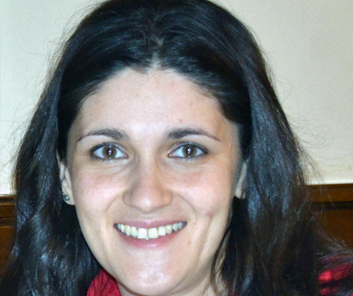February 2, 2019
Published by BC3Research Marek Smid at February 2, 2019
Categories
Urban systems are not only major drivers of climate change, but also impact hotspots. The processes of global warming and urban population growth make our urban agglomerations vulnerable to chain reactions triggered by climate related hazards. Hence, the reliable and cost-effective assessment of future climate impact is of high importance. Two major approaches emerge from the literature: i) detailed spatially explicit assessments, and ii) more holistic approaches consistently assessing multiple cities.
Do you like it?
March 14, 2019
Published by BC3Research at March 14, 2019
Categories
Handwriting is a human attributed characteristic, being widely accepted that the oldest writing dates around 3400 BC. But actually trees “invented handwriting” first … about 390 million years ago when conifer trees appeared, and they have been writing ever since. Each year trees form new wood cells that arrange in concentric circles forming what we call annual tree-rings, which is their way of “handwriting” and communicate with us. It was in the early 1900s when the astronomer Andrew E. Douglass managed to cipher tree-rings “handwriting”.
Do you like it?
March 22, 2019
Published by BC3Research at March 22, 2019
Categories
Climate change mitigation pathways can differ strongly from one to else other, depending on the policy design, technological development or the established climate objectives. Integrated assessment models are able to project countless different climate change mitigation scenarios, allowing to compare the effects that each scenario has on other aspects, such as health, land use, energy security, inequality etc. Moreover, connecting these kind of models with additional tools increases the range of scenario implications that can be studied. In this seminar, we introduce the Global Change Assessment Model (GCAM) and other tools that can be connected to this model, such as the air quality emulator TM5-FASST.
Do you like it?


